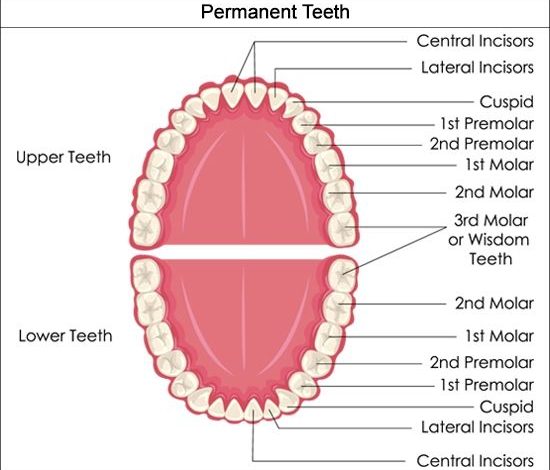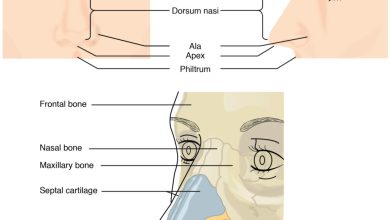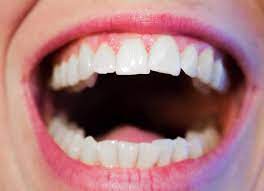The Wisdom Teeth Numbers: A Chart To Help You Understand

Last Updated on March 7, 2024 by admin
What are the wisdom teeth numbers, you ask? Well, with all the various types of tooth number chart out there (not to mention non-existent or inconsistent wisdom teeth numbers on any given chart), it can be hard to know what you’re looking at! This handy chart can help you understand the meaning behind all those numbers that get tossed around so casually about this very important mouth part.
Understanding Your General Dentist’s Advice
Dentists near me are always recommending that I remove my wisdom teeth as they’re impacted and this can lead to problems down the line. So what does it mean when a tooth is impacted? How do I know if I should take it out or not? And how much will it cost me? Let’s answer all those questions in one place, for your convenience!
List Of Procedures To Replace Lost Teeth
Replacing lost teeth is done by replacing them with artificial teeth, called dentures. Dentures can be made of metal, plastic, or acrylic and must be worn every day. In some cases, a dentist may recommend having implants inserted into the jawbone instead of dentures. Implants look natural and make it easier to chew and speak, but cost more than dentures. They also require a longer healing time before they are ready for use. If you have any questions about tooth replacement procedures or would like more information about what the different options are for replacing lost teeth near me, contact us at ABC Dental!
Emergency Dentist Tips
If you have an emergency and need a dentist near me, this chart will help you understand which tooth is which. There are four wisdom teeth, two on the top and two on the bottom. The first molars are the teeth that are in your mouth just behind your two front teeth. The second molars are next to the first molars in the back of your mouth. And lastly, the wisdom teeth come out at the back of your mouth beside or behind your second set of molars.
Although most people can get by with only six teeth, occasionally there may be some issues with wisdom teeth. If they don’t come out naturally or if they become impacted, they may require removal – but there are many other options available as well!
Questions You Should Ask Your Dentist Before Starting Treatment
It’s a common misconception that wisdom teeth numbers are always four. In actuality, the number of wisdom teeth can range from one to four, with three being the most common. People who have three teeth don’t need to worry about losing them because they will be able to chew and speak normally. However, if you do lose a wisdom tooth, your gums and palate can shift in the process which can lead to serious oral health problems.
If you think you might be missing one or more of your wisdom teeth numbers, make an appointment with a dentist near me as soon as possible so we can figure out what options are available for replacing them.
How Long Will My Recovery Take
It’s important to know how long your recovery will take so that you can plan accordingly. The first few days following surgery are usually the most difficult and recovery time can vary from person to person. But, on average, it takes about six weeks for the swelling and bruising around your mouth to go away. After six weeks, you should be able to resume all normal activities including brushing your teeth and eating normally. Your wisdom teeth will typically come in at this point as well.
Myths About Replacing Missing Teeth
One of the most common myths about wisdom teeth is that they are always impacted and need to be removed. This is not always the case. Although they can grow in this way, if your wisdom teeth are impacted, it doesn’t mean you have a higher risk for disease or complications. Dentists recommend getting your wisdom teeth checked during adolescence because if they have not come in by then, they will likely come in later and more difficultly, which can lead to more serious issues later on.
It’s also important for dentists and orthodontists alike to take into account the other factors surrounding a person’s oral health when looking at whether or not removing wisdom teeth is necessary.




